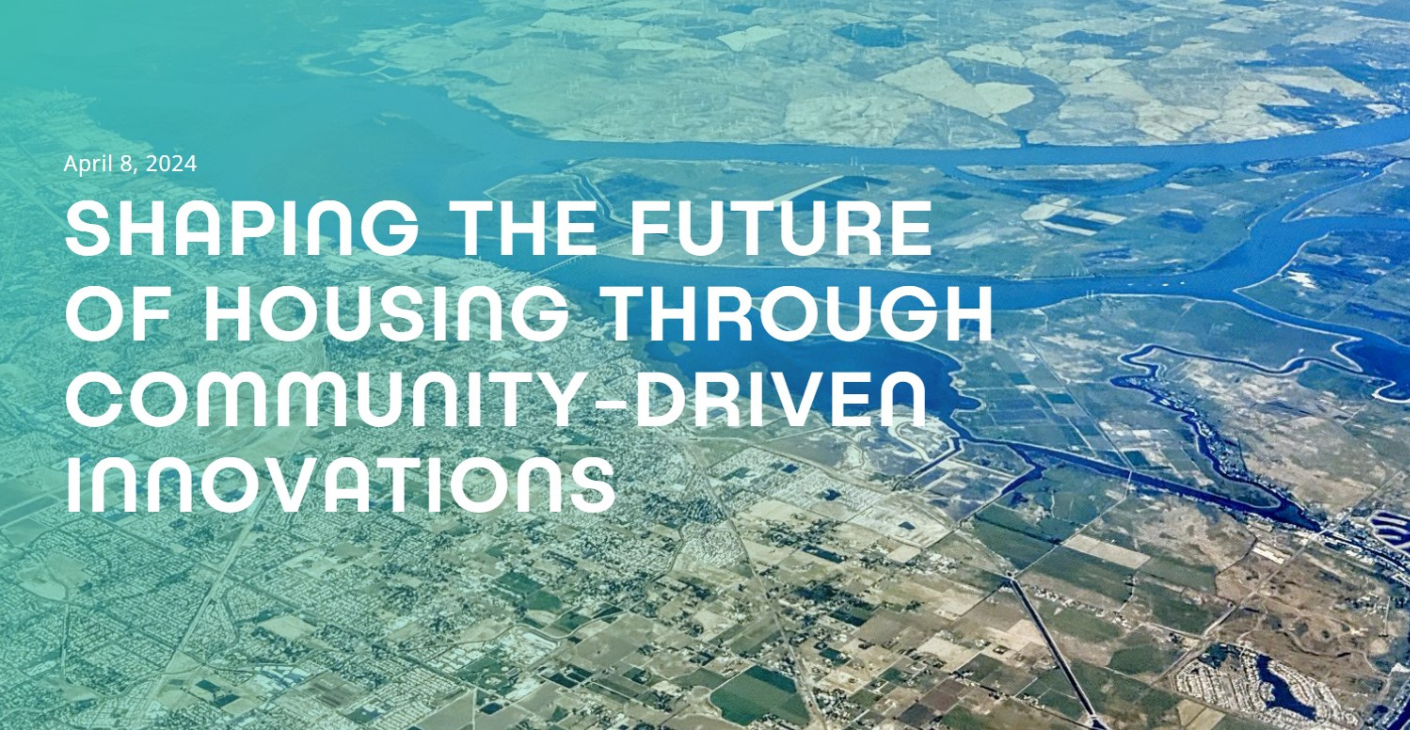Partnership for the Bay’s Future (PBF) is an SFF initiative to advance housing solutions. PBF works to produce, preserve, and protect affordable homes in the Bay Area, and to ensure our region remains a diverse place where all people are welcome and can thrive. In a groundbreaking effort to tackle the affordable housing crisis, the City of Antioch, through the support of the Partnership for the Bay’s Future (PBF) Policy Grants, has embarked on a journey that may well serve as a beacon for cities nationwide. The recently published report, “Community-Driven Housing Solutions in Antioch,” details this transformative initiative, demonstrating the potential of community engagement and policy innovation in creating sustainable housing solutions.
A portion of PBF’s summary is excerpted below:
Antioch’s approach leveraged the PBF Policy Grants to foster an unprecedented collaboration among Hope Solutions, the Multi-faith ACTION Coalition, and the city itself. This partnership paved a way to address the urgent need for affordable housing while showcasing the power of collective action. With the grant, technical assistance, and a dedicated housing policy fellow provided by PBF, Antioch has demonstrated the immense value of equipping local governments to develop equitable policies.
The report highlights two pivotal initiatives: the utilization of faith-owned land for building cottage communities; and streamlining the process for creating Accessory Dwelling Units (ADUs). These strategies represent a shift towards more inclusive, community-oriented development, emphasizing the critical role of listening and learning from a broad spectrum of Antioch residents. Through a nine-month listening campaign, the Antioch Policy Grant team gathered invaluable insights that have shaped policies to facilitate the construction of affordable, community-centric housing.
Key findings from the report reveal overwhelming support for cottage communities on faith-owned land and identify ADUs as a viable solution to expand affordable housing. However, the engagement went beyond just listening; it sparked a dynamic, ongoing dialogue between the city, community leaders, and residents. This engagement has laid the groundwork for policies that are not only responsive but also reflective of Antioch’s diverse needs, from zoning reforms to initiatives aimed at making ADUs more accessible to low-income homeowners.
Read more about Antioch’s efforts and review the full report.
Learn more:
- Read more about Partnership for the Bay’s Future
- Read more about SFF’s All-in on Housing work.


